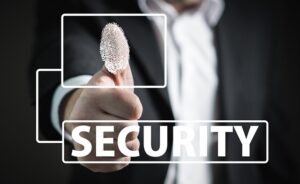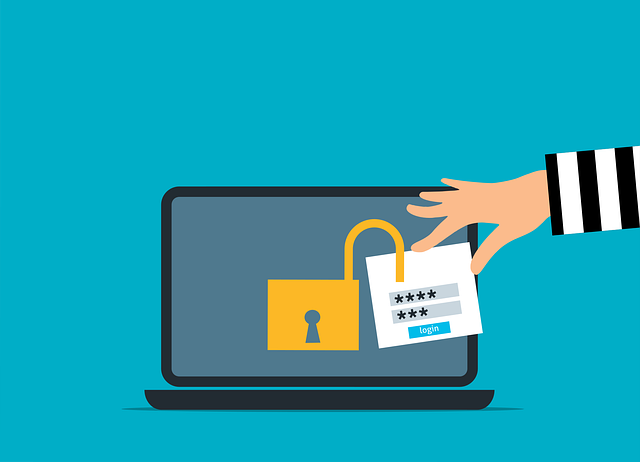Cyber security refers to the practices and technologies used to protect computer systems, networks, and data from unauthorized access, use, disclosure, disruption, modification, or destruction. This includes protecting against cyber attacks, such as hacking, phishing, and malware, as well as natural disasters and human error. Cyber security is important for individuals, businesses, and governments to protect sensitive information and ensure the availability and integrity of critical systems.
Must read the post you are missing: Where to install security cameras- Combo Guide!
Some key components of cyber security include
- Network security: Protecting computer networks and systems from unauthorized access and attacks.
- Endpoint security: Protecting individual devices, such as laptops and smartphones, from malware and other threats.
- Identity and access management: Managing and protecting identities and access to systems and data.
- Cloud security: Protecting data and systems hosted in the cloud.
- Disaster recovery and business continuity: Planning for and recovering from cyber incidents and other disruptions.
- Cyber security awareness and training: Educating employees and users about cyber security risks and best practices.
- Compliance: Adhering to laws and regulations related to cyber security.
Effective cyber security requires a combination of technical and non-technical measures, as well as ongoing monitoring and management. It’s important to stay informed and aware of the latest cyber threats and best practices to protect your organization and personal information.

What should children know about cyber security from their parents?
It’s important for children to learn about cyber security from a young age, as they are increasingly using technology in their daily lives. Parents can teach their children the following key cybersecurity concepts:
- Creating strong and unique passwords: Children should be taught the importance of using strong, unique passwords for all of their online accounts, and how to create them.
- Being careful with personal information: Children should be taught not to share personal information, such as their name, address, or phone number, with strangers online.
- Being aware of phishing scams: Children should be taught how to identify and avoid phishing scams, which are attempts to trick people into giving away personal information.
- Being safe on social media: Children should be taught about the potential risks of social media, such as cyberbullying, and how to protect their privacy and manage their online reputation.
- Being careful when using public Wi-Fi: Children should be taught about the risks of using public Wi-Fi networks and how to protect their devices and personal information when using them.
- Being aware of online predators: Children should be taught about the potential risks of online predators and how to protect themselves from them.
- Being responsible online: Children should be taught about the importance of being responsible online and how their actions can affect others.
- Parents should also set rules and boundaries for their children’s internet usage, such as limiting screen time and monitoring their online activity.
- Parents should also educate themselves on the latest trends and technologies their children may be using, and stay updated on new ways to protect them.
- Encourage children to report any suspicious or uncomfortable situations they may encounter online.
By teaching these concepts to children and providing guidance and support, parents can help their children stay safe and responsible online.
How can parents reduce the negative effects of social media?
There are several ways parents can reduce the negative effects of social media on their children:
- Set limits and boundaries: Establish clear rules and guidelines for social media usage, such as limiting screen time and setting age-appropriate content filters.
- Monitor their activity: Regularly check in on their social media accounts and discuss any concerns or issues that come up.
- Educate them about online risks: Teach children about the potential risks of social media, such as cyberbullying and online predators, and how to protect themselves.
- Encourage them to be responsible online: Help children understand the importance of being responsible online, and the impact their actions can have on others.
- Encourage face-to-face communication: Encourage children to engage in face-to-face communication and activities with friends and family, rather than relying solely on social media.
Conclusion
In conclusion, it is important for parents to educate their children about cyber security from a young age as they are increasingly using technology in their daily lives. They should teach their children about creating strong and unique passwords, being careful with personal information, being aware of phishing scams, being safe on social media, being careful when using public Wi-Fi, being aware of online predators, and being responsible online.
Parents should also set rules and boundaries for their children’s internet usage, such as limiting screen time and monitoring their online activity. They should also educate themselves on the latest trends and technologies their children may be using, and stay updated on new ways to protect them. By teaching these concepts to children and providing guidance and support, parents can help their children stay safe and responsible online. It is also important for parents to encourage children to report any suspicious or uncomfortable situations they may encounter online.






